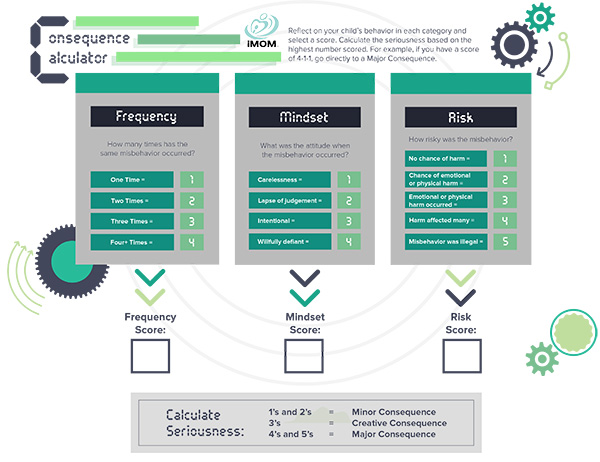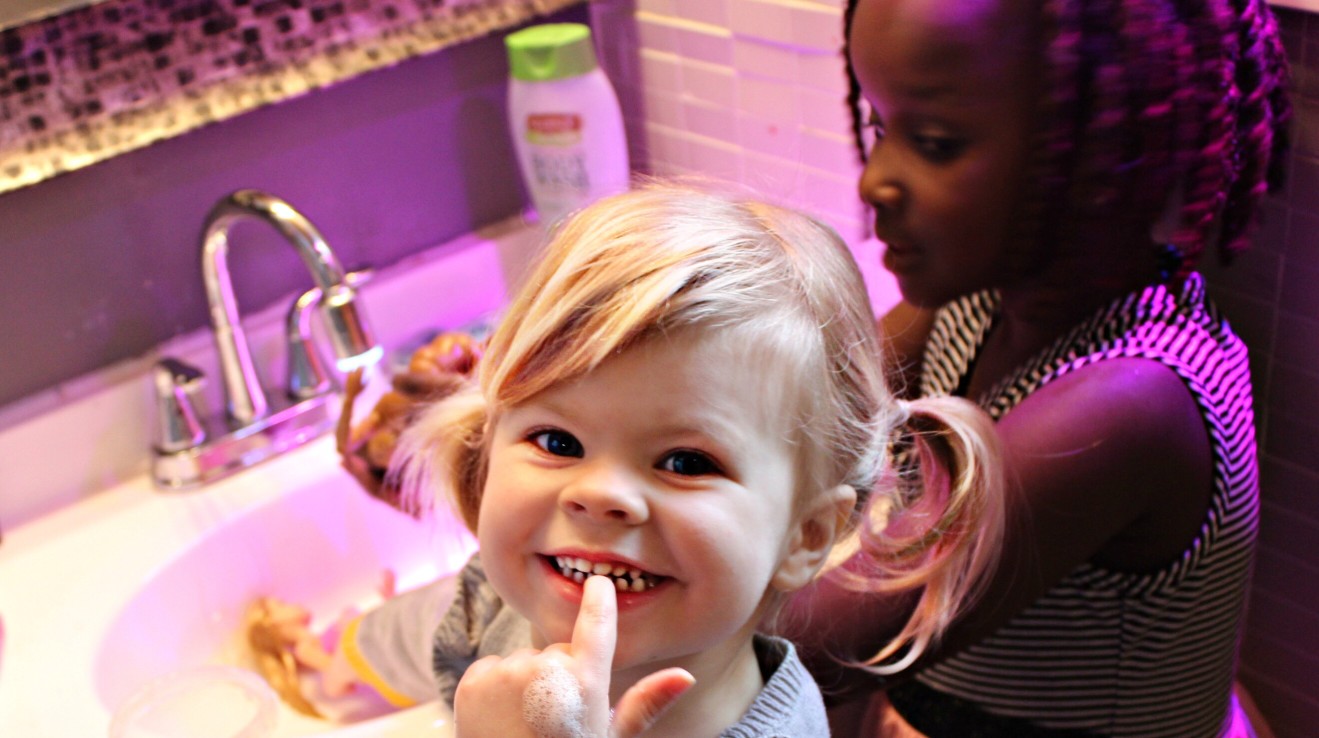When kids lie, moms take it hard. I remember after one incident, I closed my bedroom door and sank to the ground. He lied again. When will this ever end? My son’s habit of telling lies was beyond frustrating—I was worried about him. I felt helpless. I had lectured, grounded, and pleaded, but nothing improved.
My husband and I decided to seek help from a children’s psychologist. To my surprise, during the first meeting, the doctor focused on me. He had some interesting advice that was difficult for me to hear: I was part of the problem. When I learned what NOT to say, we were able to turn this seemingly immovable ship around. These are my 3 natural responses that were actually enabling my son to lie.
1. “Are you telling me the truth?”
This was almost always my first response when I suspected he was lying. Whenever there was some doubt in my mind—a look in his body language, a hesitation in his voice, or maybe just a story that didn’t add up—I would first ask this question. I wanted to give him an opportunity to tell me the truth. When kids lie and we call them out, we want them to say, “No, I’m not telling the truth, but here it is, Mom.”
But he never said that. Never. The doctor explained that by asking him this question, I was communicating that there was still a tiny doubt in my mind and perhaps he could be telling the truth. So he took that tiny doubt and ran with it every time, assuring me, “Yes! I’m telling the truth.”
2. “Can you explain this to me?”
This was the next step because after he reassured me that he was telling the truth, I wanted him to explain it. Well, this was his chance to tell his story and give his reasons. Trust me—our kids are smart; when kids lie, they know exactly what we want to hear and what will displace blame.
And let’s be honest. Deep down, I want to believe him. I want to think he has good reasons for his actions. When I choose this path, it is really a form of denial.
3. “I am going to trust you this time, but make sure it doesn’t happen again.”
This is how we would end each conversation because I still had some doubts in my mind and wanted to point him in the right direction for next time. I was giving him some sort of reprimand without fully addressing the problem.
I honestly thought that if I showed trust in him over and over again, eventually he would live up to that trust. But clearly, my strategy wasn’t working.
So what do I say instead?
“I know you are lying.” Acknowledge that you know. I was afraid to do this at first, but I learned that if you even have the slightest feeling that he is lying, 99 percent of the time, he is. If and when that one percent happens and you are wrong, you can apologize for being wrong.
The next step is saying, “And this is your consequence.” It’s best if you have a consequence determined ahead of time and you’ve communicated this in advance. Try using iMOM’s Consequence Calculator. Otherwise, choose something appropriate and keep it consistent each time he lies. For us, there were no video games that day or the next day.
The third step is to walk away without yelling or lecturing. That’s it. The end.
The first time I did this, I think he was shocked. There was no long debate, no chance to prove his case. So he followed me, crying and angry. I sent him to his room and said I would talk to him when he was calmer. He came out 20 minutes later, apologized for lying, and then told me the truth. I tried not to stare with my mouth hanging open!
How do you help your child break the habit of lying?











